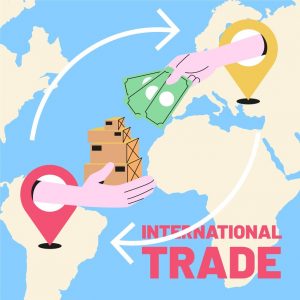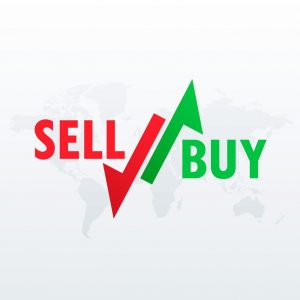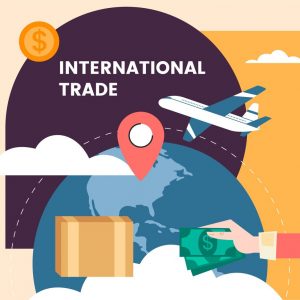Selecting high-quality suppliers in China is crucial for ensuring product quality, cost-effectiveness, and reliability. Here are five key indicators to help you identify the best suppliers:

1. Reputation and Experience
- Track Record: Look for suppliers with a proven history of success. Check how long they’ve been in business and whether they have experience in exporting products to your region.
- References: Ask for references from other clients, especially those in your industry, to ensure they have a reputation for delivering on time and providing quality products.
- Certifications and Awards: Check if the supplier has relevant industry certifications (e.g., ISO, CE, or product-specific certifications).

2. Quality Control and Standards
- Quality Assurance Processes: Ask about the supplier’s quality control (QC) processes, including inspection protocols, testing procedures, and adherence to international quality standards.
- Sampling: Before committing to a large order, request product samples to evaluate quality firsthand. You can even conduct factory visits to assess manufacturing practices and conditions.
- Compliance with International Standards: Ensure the supplier complies with regulations and standards in your market, whether it’s food safety, electronics compliance, or other industry-specific norms.

3. Manufacturing Capability and Infrastructure
- Factory Size and Equipment: Assess whether the supplier has the capacity to meet your order volume and quality standards. A well-equipped, scalable factory with the right machinery and skilled labor is essential for consistent production.
- Production Lead Times: Inquire about lead times to ensure they can deliver products within your required timeframe. High-quality suppliers usually have efficient supply chains and optimized production schedules.
- Flexibility: See if the supplier is flexible enough to handle customizations and changes in production requirements without compromising quality.

4. Financial Stability and Transparency
- Financial Health: A financially stable supplier is less likely to experience disruptions in production or delivery. You can request financial statements or check credit reports through third-party services.
- Transparency in Pricing: A reliable supplier should provide transparent and competitive pricing, with clear terms on payment and shipping. Avoid suppliers who offer suspiciously low prices, as they may compromise quality or service.

5. Communication and Customer Service
- Responsiveness: Effective communication is vital in any business relationship. Ensure the supplier is responsive to inquiries, provides timely updates, and is willing to address concerns.
- Language Skills: If there’s a language barrier, confirm that there are team members who can communicate well in your preferred language, especially for complex orders or negotiations.
- Problem-Solving Capabilities: Check how the supplier handles issues, such as defects, delays, or miscommunications. A high-quality supplier should have strong after-sales support and a commitment to resolving problems quickly.
Additional Tip:
If possible, visit the supplier’s factory or office to meet them in person, or use a trusted third-party inspection service to evaluate their operations. It’s a proactive way to gauge their professionalism and commitment to quality.
Would you like more details on any of these indicators or how to evaluate suppliers based on specific product categories?


Recent Comments